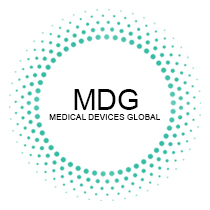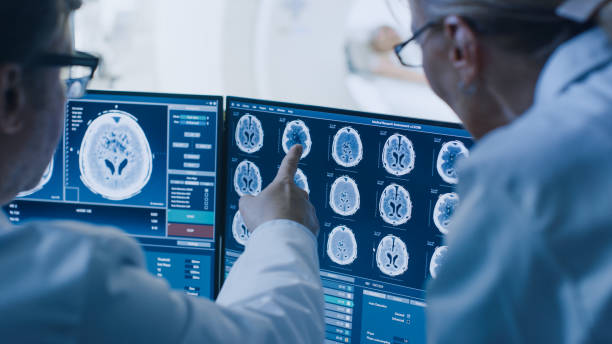In the ever-evolving landscape of diagnostics, a groundbreaking technology is quietly gaining momentum, offering new hope in the early detection and monitoring of cancer. Liquid biopsies, a non-invasive and highly sensitive method, are poised to transform the field of oncology and revolutionize cancer care.
The Liquid Biopsy Revolution
Traditional cancer diagnostics often require invasive procedures such as tissue biopsies, which can be uncomfortable and carry risks. Liquid biopsies, on the other hand, rely on a simple blood draw or other bodily fluids to detect genetic alterations and biomarkers associated with cancer. This minimally invasive approach provides several key advantages:
1. Early Detection: Liquid biopsies can detect cancer at its earliest stages, when treatment is most effective.
2. Real-time Monitoring: They allow for continuous monitoring of a patient’s cancer status, enabling timely adjustments to treatment plans.
3. Minimized Discomfort: Liquid biopsies eliminate the need for surgical biopsies, reducing patient discomfort and the risk of complications.
4. Comprehensive Insights: They provide a comprehensive view of a tumor’s genetic profile, aiding in the selection of targeted therapies.
Applications in Cancer Care
Liquid biopsies are transforming the way cancer is diagnosed and managed:
1. Early Detection: They can identify circulating tumor DNA (ctDNA) shed by tumors into the bloodstream, enabling the detection of cancer in its earliest stages.
2. Treatment Selection: Liquid biopsies help oncologists select the most appropriate targeted therapies based on the specific genetic mutations present in a patient’s cancer.
3. Minimal Residual Disease (MRD) Monitoring: Liquid biopsies are used to monitor for the presence of residual cancer cells after treatment, helping to assess treatment effectiveness.
4. Screening: Researchers are exploring the use of liquid biopsies for cancer screening in at-risk populations, potentially revolutionizing cancer prevention.
Challenges and Future Prospects
While liquid biopsies offer great promise, challenges remain, including the need for further validation, standardization, and cost reduction. However, the future of this technology is bright:
- Multi-Cancer Detection: Liquid biopsies are being developed to detect a wide range of cancer types from a single blood sample.
- Complementary to Imaging: They will complement traditional imaging techniques, providing a more comprehensive diagnostic picture.
- Personalized Medicine: Liquid biopsies will play a pivotal role in tailoring cancer treatments to individual patients.
Conclusion: A Paradigm Shift in Cancer Diagnostics
Liquid biopsies represent a paradigm shift in cancer diagnostics, offering a non-invasive, real-time, and personalized approach to cancer detection and management. As this innovative technology continues to mature, it has the potential to save lives by identifying cancer earlier, guiding treatment decisions, and improving patient outcomes. Medical Devices Global remains committed to providing comprehensive coverage and insights into the dynamic world of liquid biopsies and their transformative impact on oncology.


